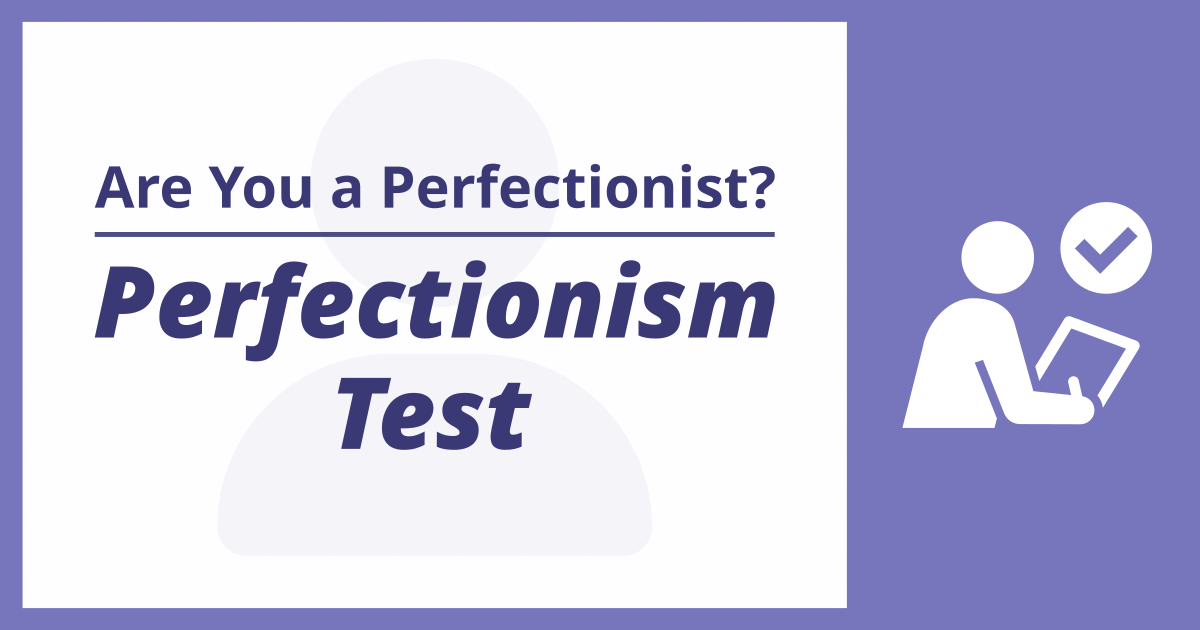
Do you ever find yourself thinking, 'I need to do everything perfectly' or 'I can’t tolerate failure'? Perfectionism involves setting high standards and being deeply committed to achieving your goals. However, when taken too far, it can lead to stress and exhaustion. This test consists of 20 questions to assess your perfectionist tendencies.
Perfectionism refers to a strong desire or tendency to do things perfectly. People with this trait pay great attention to detail and constantly strive for the best results.
In professional, academic, and personal settings, they set high goals and work tirelessly to achieve them. However, excessive perfectionism can lead to stress, low self-esteem, and conflicts in relationships.
It is important to pursue an appropriate level of perfection while maintaining a flexible attitude toward yourself and others. By understanding perfectionism, you can reassess your behavioral patterns and work toward a balanced life.
Raising self-awareness and avoiding the pursuit of perfection at the expense of health and happiness is essential. Setting realistic goals and practicing self-acceptance are key to fostering healthy perfectionism.
Perfectionism contributes to personal growth and success, but it also brings various negative impacts. High goal-setting and improved self-management skills can lead to achievements in the workplace and academics.
However, excessive perfectionism can increase stress and anxiety, potentially harming mental health. In relationships, it may cause friction due to overly high expectations or critical attitudes toward others.
Issues such as time management problems, reduced efficiency, and burnout are also common effects of perfectionism. Additionally, it may hinder creativity and result in delayed decision-making.
Maintaining balance and setting healthy goals are crucial. By enhancing self-awareness and learning stress management techniques, the negative effects of perfectionism can be mitigated.
Perfectionism has many benefits and drawbacks. The benefits include improved performance due to high goal-setting and a focus on detail, which can lead to high-quality work.
Perfectionists are highly responsible and put in great effort to ensure project success.
However, the drawbacks include excessive stress, self-criticism, and stagnation caused by striving for perfection. Additionally, demanding the same high standards from others can create friction in relationships.
By understanding this balance, you can harness the positive aspects of perfectionism while overcoming its negative aspects. This section provides an in-depth explanation of both sides of perfectionism and offers tips for self-improvement.